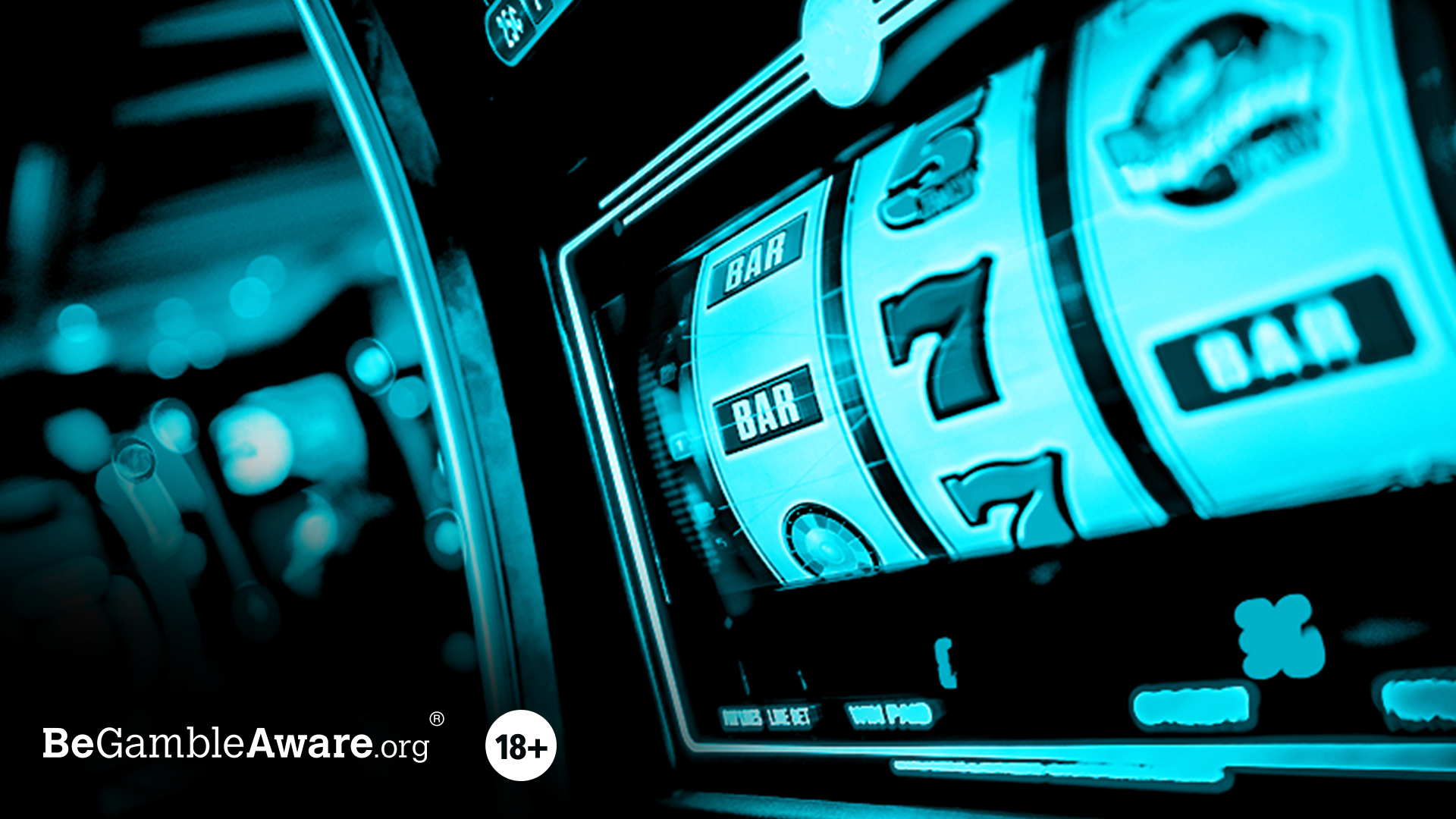
Know Your Slots - Facts About Slots
Slot machines are some of the most-played casino games in the world, and have been for a number of years. With the advent of online slots in the 1990s, the past few decades have seen their popularity erupt, as players can spin the reels without having to leave the house.
Whether you’re new to slots entirely or expanding your existing knowledge, the most important thing is to understand the different aspects of them; how they work, what they are, how to play them, and which slots are going to be most suited to your preferences.
Top Slot Facts From Around The World
While there’s been a boom in the online casino slot industry, there’s still a huge clamouring for land-based slots too. In fact, roughly 80-90% of Las Vegas casino revenue comes from slots, and there are over 200,000 on the Vegas Strip alone. Find out some more interesting facts as you get to know your slots.
Fact 1: They’re Popular All Over the World
It’s fair to say that the mere mention of slot machines conjures up the images of Las Vegas in Nevada, and with good reason. In line with the most recent data, there is roughly one machine for every eight people in Vegas (extending to one per 18 for the whole of Nevada), which is the highest proportion in the world. Across the United States of America, that rises to one machine per 364 people.
While that may seem impressive, plenty of other nations can blow that number out of the water, a couple of which might surprise you. Italy and Spain are the leaders in Europe, with one machine for every 195 and 269 residents respectively. Australia, where slots are commonly known as “pokies”, offers one machine per 128 people. The United Kingdom, on the other hand, has a slot machine for every 354.
The Macau Region’s one for every 38 people is fairly close to Japan’s one per 29 residents, although Japan’s revenue is much higher (as is its total number of slots - a whopping 4.3million). The overall winner though is the Netherlands constituent country of Sint Maarten in the Caribbean, where there is one slot machine for roughly every 13 people.
| Country | One Slot Machine Per Number of People |
|---|---|
| Sint Maarten | 13 |
| Japan | 29 |
| Macau Region (China) | 38 |
| Australia | 128 |
| Italy | 195 |
| Spain | 269 |
| Germany | 290 |
| United Kingdom | 354 |
| United States of America | 364 |
| France | 3,103 |
Fact 2: Slot Machines Began in the 1800s
The specifics of when slot machines were first created are hard to pin down, but the general history can be pinned to the 1880s, where several independent stakeholders developed their own machines. While all required inserting coins to spin the reels, early designs offered no fixed or automated payouts, with the establishments that housed them able to offer prizes at their discretion, such as free drinks or cigars.
What can be agreed upon, however, is that a man called Charles Fey changed the landscape of slots forever with his invention; a three-reel machine known as a “Liberty Bell” that would offer automated payouts when combinations of matching symbols were struck. This basic principle was built upon over the following years by other companies, but all owe a huge debt to Fey.
Fact 3: Slots Are Fully Random
Throughout their history, slot machines have exhibited a variety of structures designed to make the results as random as possible. This is meant to make the chances of landing a win or a jackpot entirely unpredictable, which is part of what makes them so popular throughout the world.
While the original slots used tumblers and physical mechanics, modern video slots use computerised random number generators to determine the outcome of each spin. Technically, the symbols on the reels of online slots are still moving even when you’re not playing, which is what ensures a random and fair result. Find out more about how random slot machines are.
Fact 4: Strategy Doesn't Impact Slot Games
Regardless of the myths that exist, slot strategies can't impact the outcome of a slot game.
Slot games have been designed using a random number generator so the outcome is completely random. With this in mind, you can understand why a strategy won't impact the outcome.
Players often adopt bankroll management strategies to refine their approach and maintain control over their budget, but this is not a strategy to influence the outcome.
Fact 5: The Launch of the Very First Video Slot Machine
Video slots might surprise you slightly when you find out they've been running since 1976.
The Fortune Coin Company released the initial video slot in 1976, which would innovate the slot world for the coming decades. Thanks to the addition of virtual reels and screens to every floor, casinos in Las Vegas offered a completely new experience.
Fact 6: Where did Fruit symbols come from?
Fruit symbols are the most popular symbols associated with online slots and classic traditional slot machines. The interesting origin story of these fruit symbols dates back to the early 1900s.
During this period, cash-paying slot machines were banned across America, so one company opted to re-invent the purpose of slot machines. Their new role would see them dispensing gum, with the fruit symbols representing the flavour of the gum. This trend stuck as traditional cash-paying slots were reintroduced.
Fact 7: Slot machines are known by different names around the world
In different locations around the world, you might find that slots go by a different name than what you might be familiar with.
For example, you might hear a slot machine called a "pokie machine". Both are the same style of games, but their origin stories have meant that a different name has stuck as they have grown in popularity for that location.
